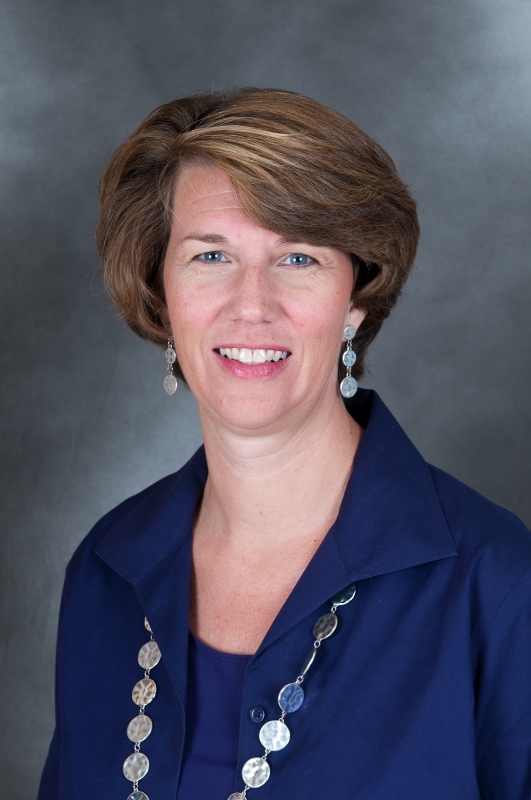Dr. Wellford, emergency physician and United States Army Veteran explains how important is to learn from our mistakes. Embracing failure to allow yourself to grow and learn.
Can you tell us a story about what early experiences brought you to choosing a career in the medical profession?
I remember coming home from school one day in either middle school or early high school and asking my mother what career path she thought I should pursue. My mother had written her doctoral dissertation on gender differences in mathematical achievement and attitudes and was a strong proponent of women in STEM fields. I told her that I liked math and science, so maybe I should be a nurse. Without hesitation, she said, “If you’re going to be in the medical field, why not be a doctor?” And that started my path.
This took place in Maryland in the late 1970s around the same time that the University of Maryland was creating the Shock Trauma Center. I became fascinated with this exciting local development and enthralled with emergency and trauma care. I was one of the rare students who entered medical school already knowing what I wanted to do, even though emergency medicine had only been a specialty for ten years by the time I graduated.
Can you share the most interesting story that happened to you in your career as a doctor?
The most exciting for me was probably when I flew with the transplant team as a medical student on an organ procurement. My medical school, University of Pittsburgh School of Medicine, was a pioneering center for transplant and had its own private jet to facilitate the teams. I can still feel the adrenaline rush riding to the airport in an ambulance with the lights and sirens blaring, flying on the jet to Washington, DC, rushing into the OR to remove and retrieve the heart, and scurrying back to Pittsburgh where the patient was awaiting their life-saving heart. I was proud to witness firsthand such an awe-inspiring advance in the medical field.
Can you share a story about the funniest mistake you made when you were first starting out on your career? What lesson did you learn from that?
I learned early on to never assume anything. On more than on occasion, I asked an elderly family member accompanying an elderly patient if they were the spouse when in fact, they were the son or daughter. I quickly learned to ask more open-ended questions to avoid embarrassment.
To #DareToCare means to survive and thrive in today’s medical world. How do you take care of yourself? What’s the routine you must do to thrive every day?
I eat meals and hydrate while working. I indulge in small rewards during a shift, like snacks or candy occasionally. When I’m off, I exercise regularly and get at least eight hours of sleep. And of course, I allow myself to decompress with a good book or TV show.
I write a series of letters to my God-daughter in my latest book. In that same vein, what are the five things you would tell your younger self.
- You don’t have to be perfect at everything, you just have to try your best. Working parents exhaust themselves trying to do and be everything. Allow yourself some wriggle room and realize you are only human.
- In that same vein, forgive yourself. Realize when you are placing unrealistic expectations on yourself and be happy with what you were able to accomplish.
- Don’t worry so much about what others think. Be strong in your own convictions.
- Be confident and don’t be afraid to speak up, whether to point out ways to improve processes at work or bigger social justice issues.
- Be happy with yourself. Stop comparing yourself to everyone else and make the most of your particular skill set.
How can medical professionals reclaim heart-based healing amid pandemic, political, and other pressures?
We need to remember that we are touching lives every day. While our daily practice may be routine for us, an illness or medical condition is anything but ordinary for the patient and family. It’s important to remind ourselves of how terrifying it can be at times to navigate the medical system. And we need to be aware that the physical struggle is only part of a patient’s burden. There are often emotional and financial consequences of an illness as well.
Is there a particular book that you read, or podcast you listened to that really helped you in your work as a healthcare professional?
Paul Kalanithi’s When Breath Becomes Air is a powerful story that reinforces the loss of control that is experienced during a medical crisis. And books like The Immortal Life of Henrietta Lacks have opened my eyes to the vigilance that is necessary in advocating for and protecting our patients.
Because of the role you play, you are a person of great influence in the healthcare community. If you could inspire other doctors and nurses to bring change to affect the most amount of good to the most amount of people, what would that be? Said another way, what difference do you see needs to be made for our collective future?
There has been an increasing amount of corporatization of medicine and external decision making by non-medical entities. Most physicians, myself included, prefer to function in our close-knit community of fellow physicians and patients and avoid the business and political aspects of medicine. If we want to maintain medicine as a calling and not just a job, we need to continue to advocate for our patients and make ourselves heard.
How can people connect with you?
My email is [email protected], and my website is louannewellfordmd.com.


